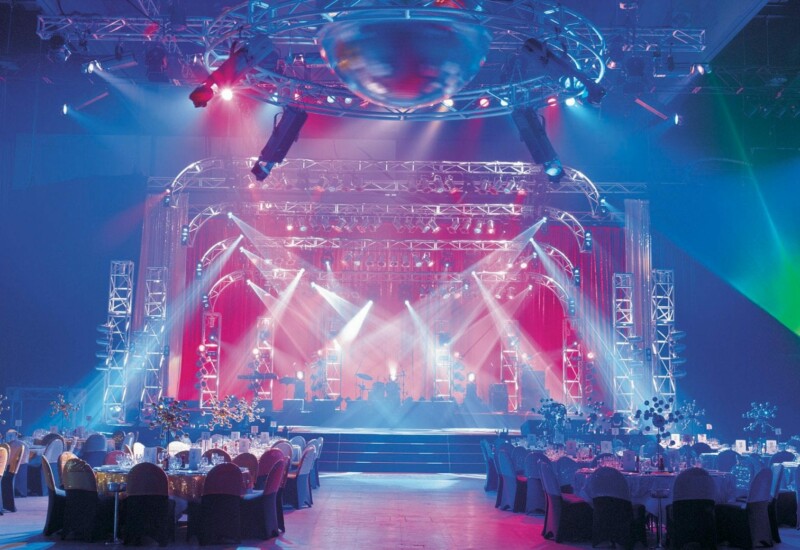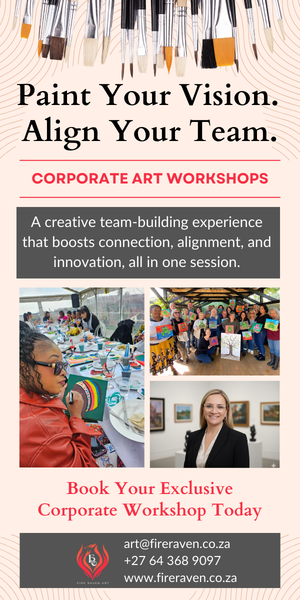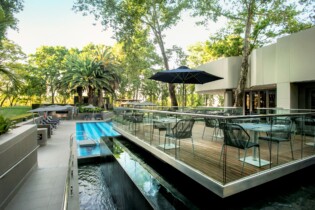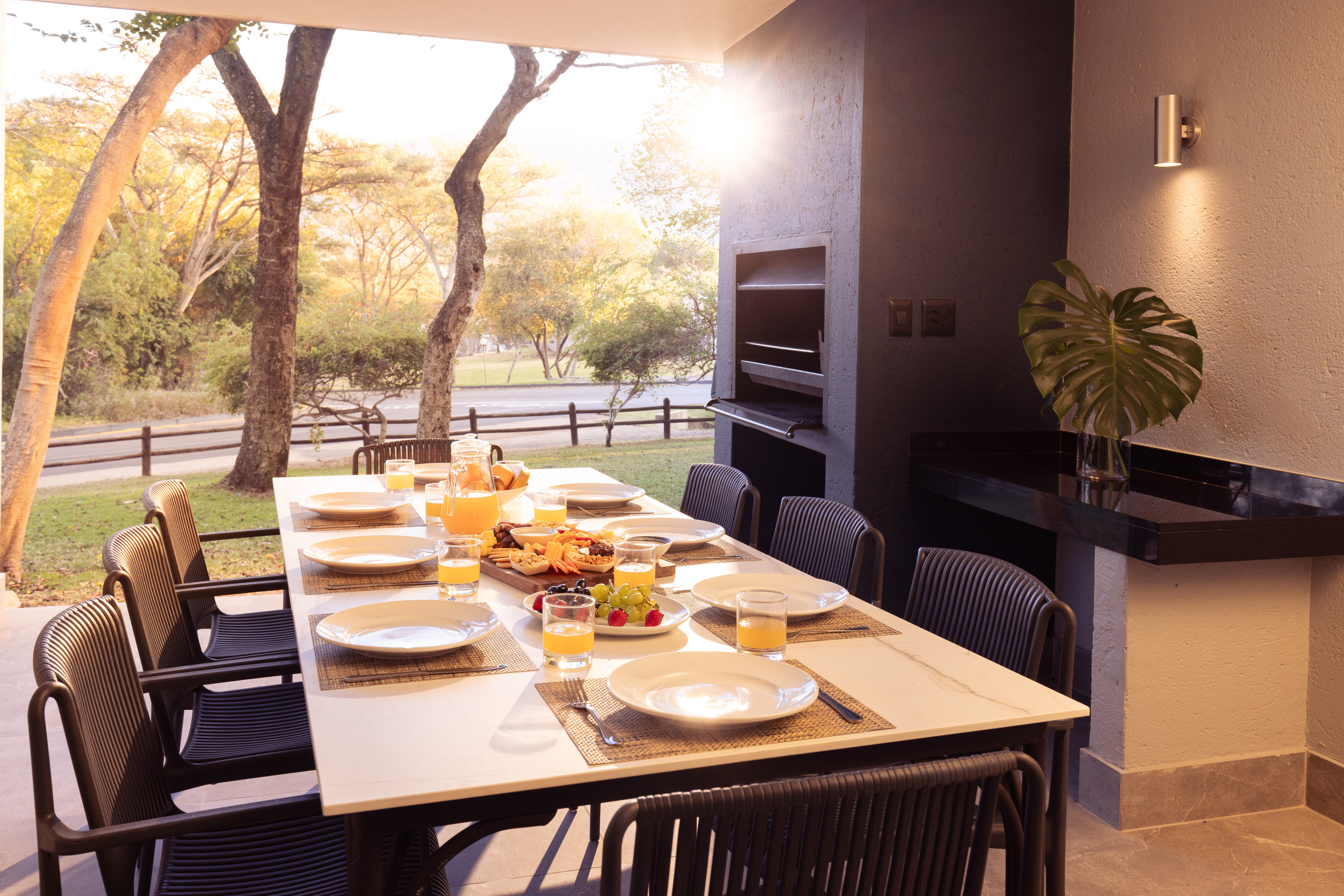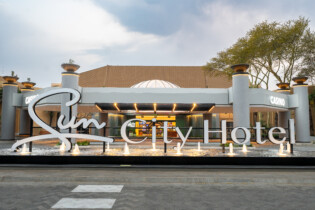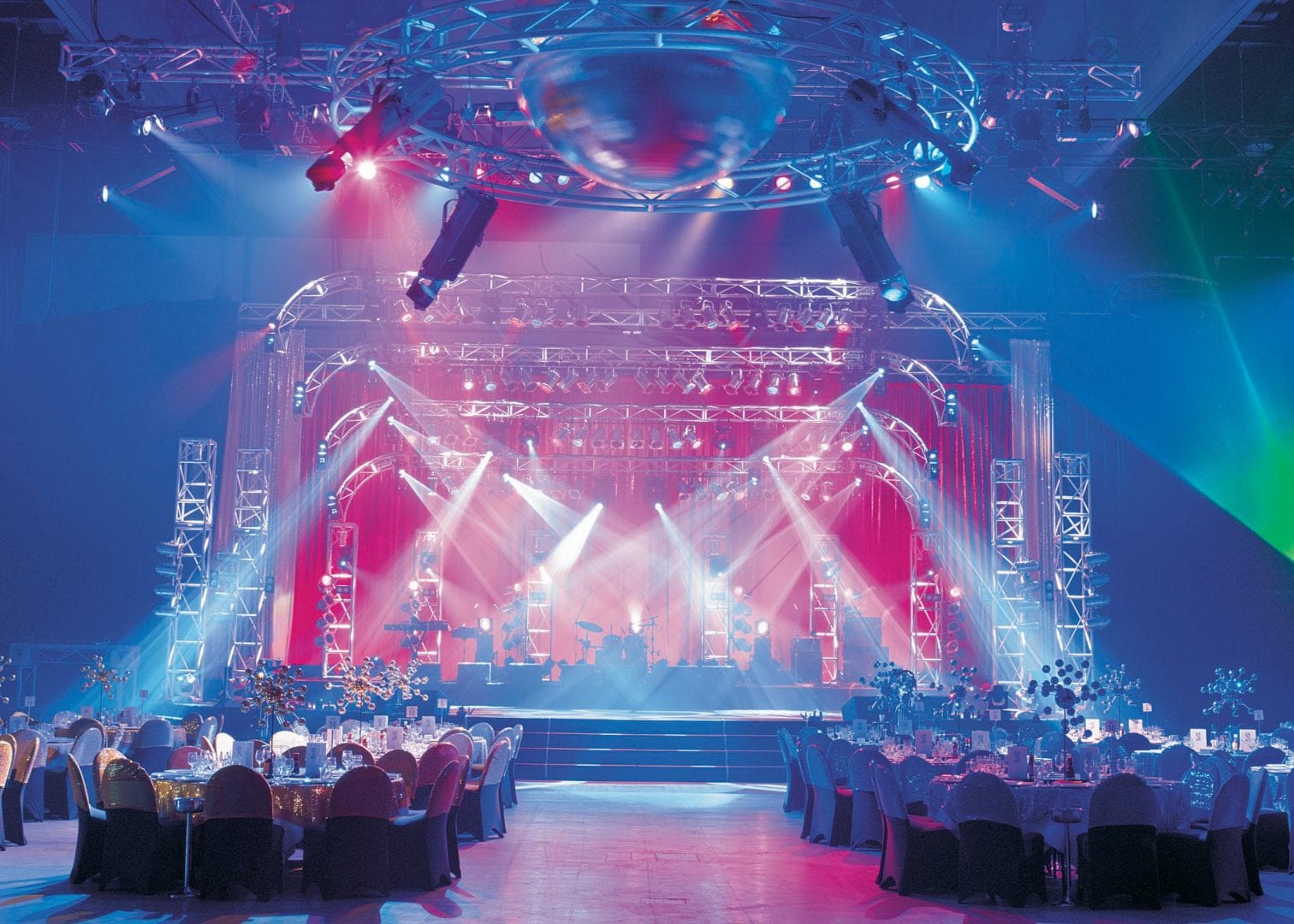 As an events manager, you know that picking a venue and then negotiating with them, is sometimes an extremely challenging part of your job. Booking a venue at the right price has an enormous effect on your event as a whole—it can make or break your budget. So how do you negotiate a killer deal with your desired venue?
As an events manager, you know that picking a venue and then negotiating with them, is sometimes an extremely challenging part of your job. Booking a venue at the right price has an enormous effect on your event as a whole—it can make or break your budget. So how do you negotiate a killer deal with your desired venue?
In today’s article, I will share 10 actionable tips to negotiate better deals with your events venue…
- Do research
Do your homework thoroughly, you need to be able to jump into negotiations with full knowledge of what you need and how they can accommodate your needs—make sure you know the venue (including all the rooms, spaces and preferred suppliers or vendors), your event and your programme (even if it’s a rough draft of what the programme is going to be) and evaluate your event thoroughly.These examples were mostly to simplify the negotiation process in terms of establishing your needs and how they can be met, but you also need a competitive edge if you’re going to negotiate on price. Make sure you know who the venue’s competition is and what they offer, because it acts as a brilliant bargaining chip. Something else that could potentially work to your advantage is the sales cycle—is it nearly the end of the month or the end of a quarter? Then you may be able to negotiate a better price purely on the fact that they need to close a sale before the cycle closes. - It’s not about the best rate
When negotiating costs, keep in mind that you need to look beyond the rate of the venue. You need to look at your event costs as a whole—space, catering, accessibility, availability (time-wise), AV and parking. The lowest price isn’t necessarily the best value. Something that might help you evaluate the package they’re offering lies in the concessions—is there wi-fi accessibility, does your package include staff meals and will you have to pay extra for a staff working room, or is that included in the cost? All of these factors give you a better idea of what you’re paying for and if you’re actually getting your money’s worth at this particular venue.
- Know your real value
As mentioned, during the research phase you need to find out what the total value of your event is. Obviously it’s more than the revenue you generate, but how much more? Take into consideration everything from public relations to marketing and promotions. Now consider how valuable this event is to the venue. If you’re going to bring in thousands of people, they benefit from your marketing efforts as well. As an expert in the industry, you can even negotiate on-site training for their less experienced staff members. - Flexibility is key
Understandably, most venues won’t be able to offer you exceptional rates during peak season, but this is why you need to try and work with the venue’s peaks and troughs. Talk to the venue before you confirm a date. Sometimes a week can make thousands of rands’ difference, so flexibility in terms of when you book the event could very well be a great idea. - Hitch a ride
This tip links somewhat to the previous one on flexibility—many venues have multiple events happening at the same time or directly after one another, so if you can plan this well in advance, you could potentially build your event around another event. The easiest way to do this is to make use of the AV installations and production setup that they’ve already implemented. This can be arranged through the supplier or the event manager for the other event, and could help you and the other event manager save on setup and labour costs. - Build the relationship
It’s always a lot easier to negotiate with someone with whom you’ve established a relationship—when you’ve shaken their hand. So never pass up on an opportunity for a face-to-face meeting—it allows you to build a relationship.
Event management comes with a lot of stress, so there are times where you will possibly enter into a screaming match with your venue manager, but don’t ever let this define your relationship. Remember, in this industry you work with real people and your support structures are essential to your success. So, focus on the long-term relationship with your venue manager—connect with them with the aim of continuance.
Consider the supplier’s perspective—when there is any type of issue, consider their standpoint. How does this issue affect them and how can you work together to solve the problem so both parties benefit. The aim is to work on multiple pieces of business together, so this should be the start of your business relationship—be their partner in support, promotion, PR, marketing and training.
- Consolidate
When you’re negotiating, don’t talk about a single piece of business, discuss multiple pieces of business. Often, these kinds of talks lead to greater discounts and a better relationship with your venue manager. As an events manager, you might have a few different events coming up, all of which could benefit from what the venue has to offer, so put the suggestion out there. Or, if you’re organising an event for a company that hosts the same event annually, discuss booking in advance for a few years.
Build on this idea by negotiating discounts and concessions in exchange for deliverables such as revenues, marketing support and staff training.
- Don’t lie!
Part and parcel of building a strong relationship with venue management is to establish a sense of reliability, professionalism and trustworthiness. So don’t exaggerate the value or the size of your event. It sets a standard of what they can expect from you and will influence the future of your relationship significantly. - Read your renters contract
Pay attention to the contract and read it thoroughly before signing. Certain concessions are unnecessary and exclusion thereof could save you quite a bit of money.Cancellation clauses are also an important thing to go through. The likelihood of cancellation might be zero, but you still need to be sure of the implications and how that would affect you financially. This might not come up in your negotiations, but it’s a good thing to know if you’re priority is cost saving. - Assume nothing
Ask as many questions as you can think of so that you’re absolutely sure of anything that might be important to the success of your event. When you get answers to these questions—keep quiet, make notes and be sure you understand everything that was said to you. Sometimes something as simple as this could prevent unnecessary cost incursion.
Hopefully this list of tips will assist you in planning your next event and maybe even save a few thousand rand on the venue costs.
P.S. For more useful tips on planning your next event, subscribe to the Hub and gain access to hundreds of articles that will assist you in event planning.


